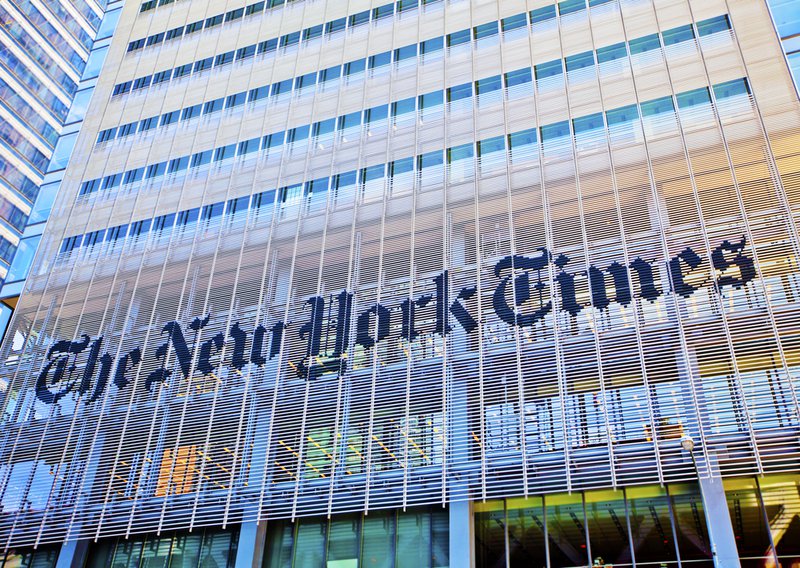
Stuart Monk / Shutterstock.com
April 11, 2014
Dayo Olopade’s book The Bright Continent was reviewed in the New York Times.
When my family moved to Accra, Ghana, in 1990 just as I was about to start high school, we landed in a country whose G.D.P. was less than one-quarter the size of Delaware’s, despite its plentiful deposits of gold and other precious minerals. A military dictator had ruled it for almost a dozen years. Poverty, hunger and disease stalked the countryside. It felt like a place cut off from the rest of the world. If we wanted to call my grandparents in Wisconsin or Addis Ababa, all five of us would squeeze into a phone booth at the post office. We didn’t have a home phone, and the waiting list to get one was decades long.
When I returned to Ghana as a correspondent for The New York Times in 2005, I found a thriving democracy that had peacefully handed power between rival political parties. Everyone seemed to have a chirping cellphone. Ghanaians who had made it in the West as software developers, bankers and doctors were flocking home to set up businesses, building beach houses on the Atlantic coastline and launching Afrocentric clothing companies. Today Ghana is on the cusp of becoming a middle-income country — not too shabby a leap in less than a quarter of a century.
Despite what we read in the news about war, famine and corruption on the continent, anyone who looks beyond the headlines knows that this trajectory — from brutal misrule and abysmal poverty toward democracy and prosperity — has been the lived experience of most Africans.
And so Dayo Olopade’s The Bright Continent, as its title suggests, is a corrective to Africa’s image as a dark, hopeless place. In fact, it is home to several of the world’s fastest-growing economies and more than a billion would-be consumers, an increasing number of whom are reaching toward middle-class status. It is also home to a huge chunk of the world’s natural wealth, though that accounts for a smaller sliver of the continent’s overall growth than most people think.